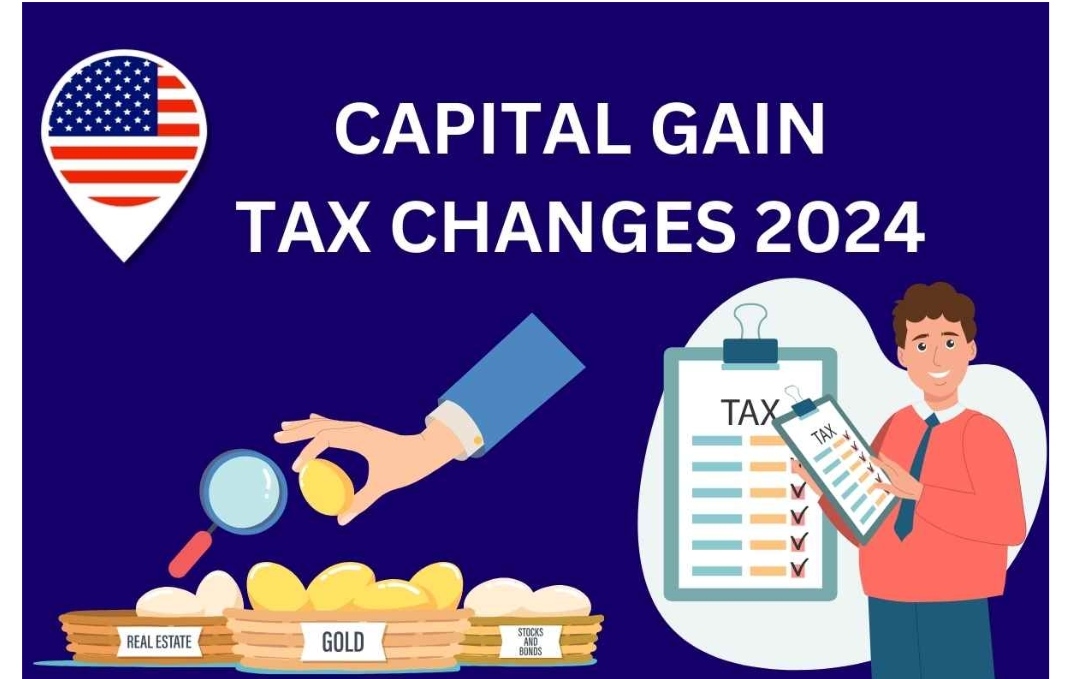Prolonged Capital Gains The capital gains tax rate only applies to income from the sale of assets held for more than a year, per US federal tax law. Depending on the taxpayer’s tax band for the year, the capital gain tax changes for 2024 are different: 0%, 15%, and 20%. Most people pay more in income taxes than they would in potential long-term capital gains. This will provide them with a financial incentive to hang onto their investments for a minimum of one year, during which the profit tax will drop. To obtain additional information regarding the tax modification, one may access the official website at https://www.irs.gov/.

Long Term Capital Gain Tax 2024
| Long Term Capital Gain Tax 2024 | |||
| Filing Status | 0% | 15% | 20% |
| Single | Up to $47,025 | $47,025 to $518,000 | Over $518,000 |
| Head of household | Up to $63,000 | $63,000 to $551,350 | Over $551,350 |
| Married filing jointly and surviving spouse | Up to $94,050 | $95,050 to $583,750 | Over $583,750 |
| Married filing separately | Up to $47,025 | $47,025 to $291,850 | Over $291,850 |
Profit from an asset sold less than a year after purchase is often treated in the same way as wages or salary for tax purposes.
These gains are reported as additional earned income or basic income on one’s tax return. In a similar vein, dividends from an asset that reflects profit even though it is not a capital gain are typically eligible.
For US taxpayers in tax levels of 15% or higher, dividends are taxed as normal income.
What Are Capital Gains Taxes Due?
Capital gain tax must be paid for the year that the gain is realised.When selling an investment that has been held for a minimum of a year, capital gains taxes are due on the profits.
Short-term gains are profits from assets held for less than a year and are liable to ordinary income tax.
Why Is It Beneficial to Lower the Capital Gains Tax Rate?
One of the best reasons to save money and put it into stocks and bonds is a low capital gains tax rate. The economy is growing because of this rising investment.
Businesses have the resources to expand and develop, creating more jobs. They also highlight the fact that investors are using their after-tax income to buy those assets.
A capital gains tax is an additional tax on the money that was previously subject to ordinary income tax and was used to buy stocks or bonds.
Does Capital Gains Tax Have to Be Paid Right Away?
The capital gains tax is typically due once an asset is sold. It may become entirely payable in the ensuing year’s tax return. In certain cases, the IRS may request estimated quarterly tax payments. Even if the real tax may not be due for some time, it could still be penalised to have a large payment that is due without having made any instalment payments.